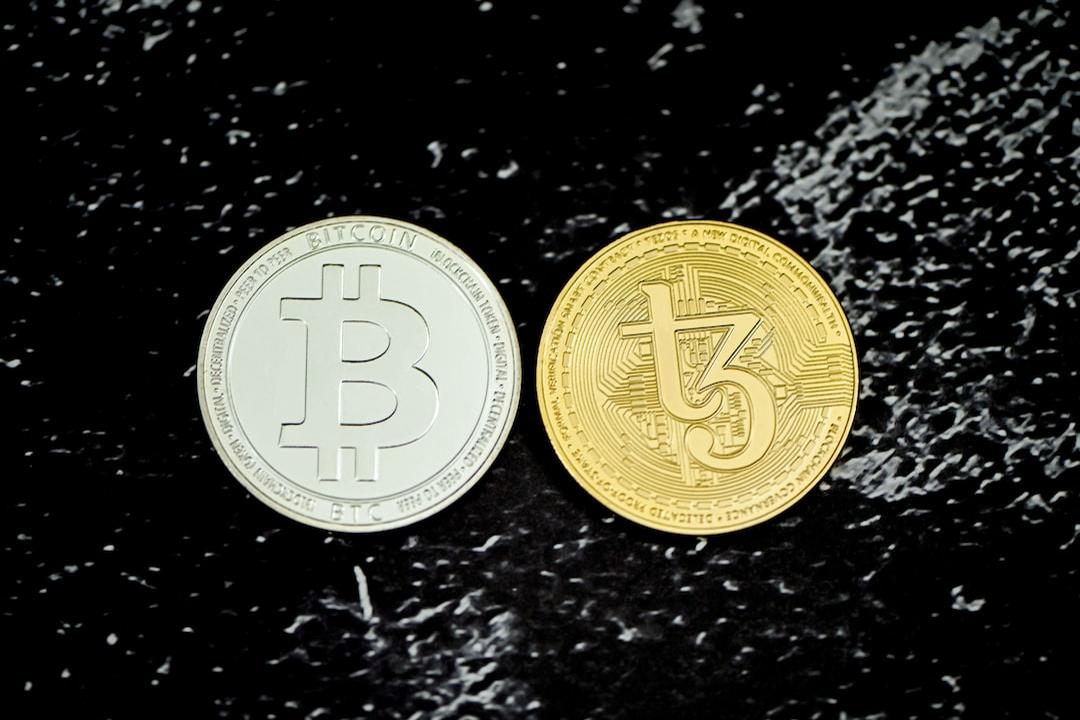The innovation of decentralized finance, operating on blockchains, has revolutionized how we manage and utilize financial assets, offering a more efficient approach. By tokenizing real-world assets like commodities, stocks, equities, and more, DeFi presents an alternative method to increase accessibility and liquidity in financial markets.
Tokenized real-world assets (RWAs) on blockchain platforms serve as a link between traditional and decentralized financial realms, merging digital transaction efficiency with the economic value of physical assets. DeFi stands as a secure and transparent alternative to traditional financial systems, fostering accessibility and driving innovative concepts like decentralized lending.
Through blockchain-enabled peer-to-peer interactions, DeFi eliminates intermediaries, relying on immutable smart contracts to govern transactions. DeFi addresses the shortcomings of traditional financial systems, known for their sluggishness, opacity, and limited access.
Early pioneers like Maple Finance introduced tokenization protocols, converting bond interest rights into digital tokens for decentralized trading. This breakthrough laid the foundation for the tokenization of various financial assets, enhancing inclusivity, liquidity, and capital access through fractional ownership.
Leading RWA protocols today operate on robust blockchain infrastructures, incorporating risk management mechanisms to protect investors and their investments. By adopting best practices from traditional finance, DeFi and RWA environments can ensure secure lending, borrowing, and trading of assets.
Zivoe, co-founded by TradFi veterans Jay Abbasi and Kristal Gruevski, aims to disrupt high-interest consumer lending by providing fairer terms through a protocol that pools investor capital for consumer lending. With a team of experts from financial compliance and risk management backgrounds, Zivoe offers a sustainable solution to predatory lending practices.
The collaboration of blockchain innovators and financial experts in RWA protocols like Zivoe sets a new standard for secure credit access, benefiting both borrowers and lenders. By leveraging the expertise of the TradFi industry, DeFi protocols can pave the way for broader participation from institutional investors and regulators, unlocking the full potential of decentralized lending.
As RWA protocols continue to evolve, cooperation with regulators is essential to establish legal frameworks that support decentralized lending. These safeguards will encourage wider adoption of DeFi and RWAs, ushering in a new era of financial innovation and accessibility.

